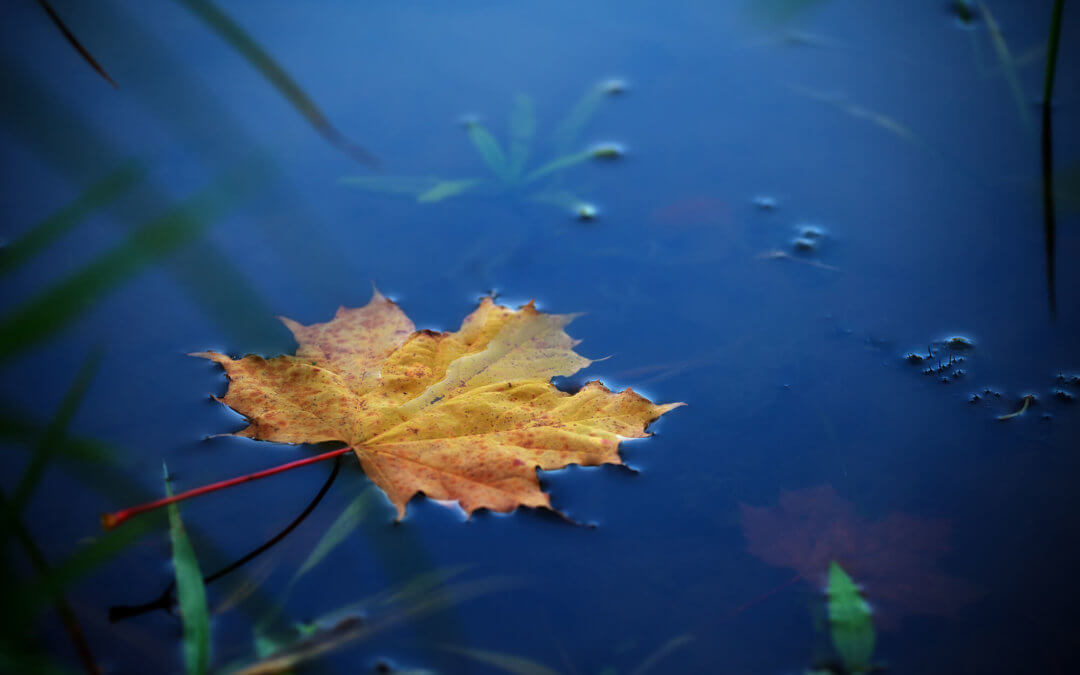Observation without evaluation
“You can learn a lot just by watching” – Yogi Berra
What happens when we observe something without evaluating it? The primary way we ‘know’ something is pre-conceptual – it comes before thoughts and ideas. The normal way we process information is initially through sensory perception. We see, hear, smell, taste, feel etc. Then we add a ‘second layer’ where we judge, evaluate, or form an opinion of the experience.
So, very quickly we move from experience – embeddedness in reality – to abstraction. We move from ‘presenting’ to ‘re-presenting’. We experience, then we detach, step outside, or separate from experience by ‘thinking’. But what happens if we stay with the experience? What happens if we stay with the ‘feel of what happens’ rather than forming opinions about it?
We can develop our attentional or observational skills by setting some time to observe something – anything – and see what we can discover or learn.
Exercise
To do this effectively we must ‘suspend our assumptions’ and come to the experience with a ‘beginners mind’ or ‘fresh eyes’. It can help to think of yourself as a scientist conducting an experiment or an artist looking at a landscape. Here are some suggestions for things you can observe:
- An object like a cup, a chair, or a wall
- A person or people interacting
- An animal, a tree, a leaf
- A piece of music
- A painting
Try to stay open and curious as if you are really trying to understand the thing you are observing. See what you can learn or discover. Then take a moment to reflect on it afterwards. What did you experience? What did you notice? What did you learn?

